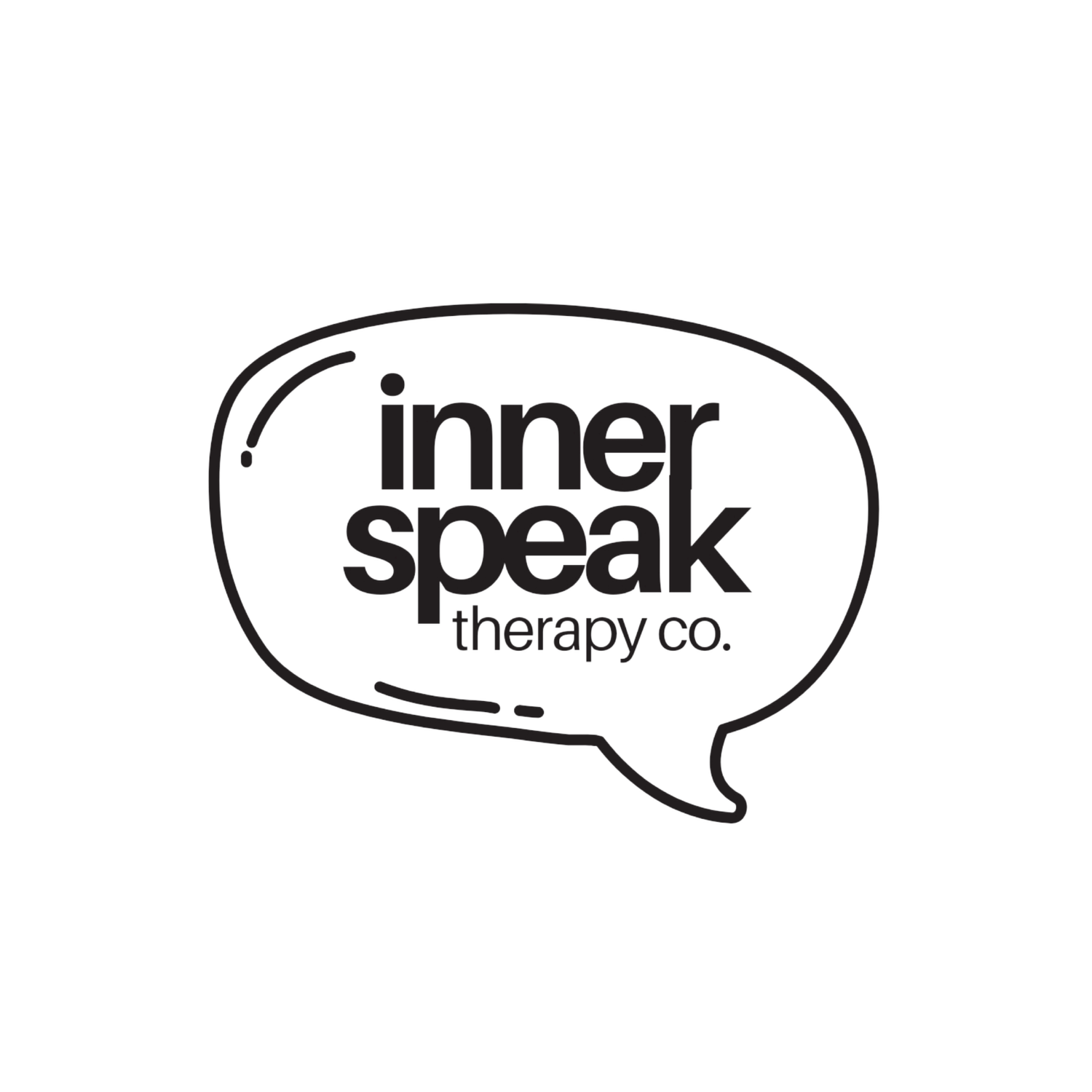How to Be More LGBTQIA+ Inclusive (Without Being Performative)
Inclusivity isn’t a checklist—it’s a practice. Whether you’re a therapist, friend, coworker, or just a human trying to unlearn and do better, being inclusive of LGBTQIA+ folks means showing up consistently, even when it’s uncomfortable. And no, you don’t have to be an expert to start.
Let’s break down a few ways to show up more affirmingly for LGBTQIA+ people—in your personal life and in your professional spaces—without slipping into performative allyship.
1. Start with language, but don’t stop there.
Using someone’s correct name and pronouns is basic respect, not a bonus. If you mess up, acknowledge it briefly, correct yourself, and move on. But being affirming goes deeper than words—it’s also about how your spaces feel.
2. Normalize asking, not assuming.
Instead of guessing someone’s identity, gender, or relationship dynamics, try this: “Do you have a partner?” or “What pronouns do you use?” Creating a culture of asking helps everyone feel seen, not singled out.
3. Make your spaces visibly affirming.
For professionals: include inclusive language on your website, intake forms, and office signage. Signal safety with things like books by queer authors in your waiting room or content that reflects a range of identities.
For friends and allies: consider how you can be affirming even when LGBTQIA+ folks aren’t around. Challenge homophobia or transphobia in casual conversations. Advocacy behind the scenes matters.
4. De-center yourself.
Being an ally isn’t about proving you’re a good person. It’s about showing up, listening, and staying humble. That means being okay with feedback, learning from mistakes, and doing the work without expecting praise.
5. Keep learning—and credit your sources.
Follow queer and trans educators, pay for their work, and cite them. Try books like The Savvy Ally by Jeannie Gainsburg or Beyond the Gender Binary by Alok Vaid-Menon. Unlearning takes time, but you don’t have to do it alone.
TL;DR
Inclusivity is more than surface-level gestures. It's about showing up with consistency, humility, and a willingness to be uncomfortable—and to keep showing up anyway.
Want to deepen your allyship or find an affirming therapist? I center LGBTQIA+ experiences in all my work. Let’s connect and build a space that feels right for you.
Sources:
Vaid-Menon, A. (2020). Beyond the Gender Binary. Penguin Workshop.
Gainsburg, J. (2020). The Savvy Ally: A Guide for Becoming a Skilled LGBTQ+ Advocate. Rowman & Littlefield.
National LGBTQIA+ Health Education Center. (n.d.). "Providing Affirming and Inclusive Care." https://www.lgbtqiahealtheducation.org/
